Vamos, S., Lee, T., Bin Kang, H., Piepenbrink, R. & Vamos, C. Mental health and unhealthy behaviors among health college students during the COVID-19 pandemic. Health Behav. Policy Rev. 9(6). (2022).
Barnett, T. M., McFarland, A., Miller, J. W., Lowe, V. & Hatcher, S. S. Physical and mental health experiences among African American college students. Social Work Public. Health 34(2), 145–157. (2019).
Google Scholar
Lipson, S. K. et al. Trends in college student mental health and help-seeking by race/ethnicity: findings from the National healthy Minds study, 2013–2021. J. Affect. Disord. 306, 138–147. (2022).
Google Scholar
Ma, D. N. et al. The rapid change in mental health among college students after introduction of on-campus quarantine during the 2022 Shanghai COVID-19 lockdown. Front. Public. Health. 11, 9. (2023).
Google Scholar
DP, G. User’s guide to the General Health Questionnaire. (Windsor, 1988).
Lubans, D. et al. Physical activity for cognitive and mental health in youth: A systematic review of mechanisms. Pediatrics 138(3), e20161642. (2016).
Google Scholar
Schuch, F. B. et al. Physical activity and incident depression: A meta-analysis of prospective cohort studies. Am. J. Psychiatry 175(7), 631–648. (2018).
Google Scholar
Mazyarkin, Z. et al. Health benefits of a physical exercise program for inpatients with mental health; a pilot study. J. Psychiatr. Res. 113, 10–16. (2019).
Google Scholar
Li, Z. J. et al. Adolescent mental health interventions: A narrative review of the positive effects of physical activity and implementation strategies. Front. Psychol. 15, 11. (2024).
Google Scholar
Bernstein, E. E. & McNally, R. J. Exercise as a buffer against difficulties with emotion regulation: A pathway to emotional wellbeing. Behav. Res. Ther. 109, 29–36. (2018).
Google Scholar
Belcher, B. R. et al. The roles of physical activity, exercise, and fitness in promoting resilience during adolescence: Effects on mental well-being and brain development. Biol. Psychiatry-Cogn. Neurosci. Neuroimaging. 6 (2), 225–237. (2021).
Google Scholar
Pálfi, K. et al. Adaptive emotion regulation might prevent burnout in emergency healthcare professionals: An exploratory study. Bmc Public. Health. 24(1), 10. (2024).
Google Scholar
Carrapatoso, S. M. et al. Does real-time online physical exercise improve physical fitness in seniors? Adapt. Aging 46(4), 286–302 (2022).
He, Z., Zhang, R., Chen, C., Pan, R. & Zhang, C. Q. Associations between meeting 24-hour movement guidelines and mental well-being among Chinese adolescents in high-density cities. Asian J. Sport Exerc. Psychol. 3(2), 102–106 (2023).
Google Scholar
Chuan, K. & Xiong, Y. M. The influence of physical exercise behaviour on college students’ mental health. Revista De Psicologia Del. Deporte 32(3), 446–456 (2023).
Huang, Y. Q., Guo, C. F., Ouyang, R. Y., Wang, H. & Liu, D. F.Analysis andCountermeasures of related factors of mental health and physical exercise of CollegeStudents. Revista De Psicologia Del. Deporte, 31(2): 1–8. (2022).
Liu, Y. Y., Feng, Q. K. & Tong, Y. Physical exercise and college students’ mental health: chain mediating effects of social-emotional competency and peer relationships. Social Behav. Personality. 52 (7), 11. (2024).
Google Scholar
Qiao, S. & Huang, G. S. Analysis on the stress relief of college students by physical exercise. Psychiatria Danubina 34, S924–S928 (2022).
Zhang, H. P., Bin Hashim, S., Huang, D. D. & Zhang, B. W. The effect of physical exercise on depression among college students: A systematic review and meta-analysis. Peerj 12, 19. (2024).
Google Scholar
Rodríguez-Romo, G. et al. Physical activity and mental health in undergraduate students. Int. J. Environ. Res. Public Health. 20(1), 12. (2023).
Google Scholar
Gross, J. J. The emerging field of emotion regulation: An integrative review. Rev. Gen. Psychol. 2(3), 271–299. (1998).
Google Scholar
Kawata, Y. et al. Impact of Emotion Regulation on Mental Health of Japanese University Athletes. in 20th Congress of the International-Ergonomics-Association (IEA) (Springer International Publishing Ag, Florence, Italy. 2018).
Schunk, F., Trommsdorff, G. & König-Teshnizi, D. Regulation of positive and negative emotions across cultures: Does culture moderate associations between emotion regulation and mental health? Cognition Emot. 36 (2), 352–363. (2022).
Google Scholar
Boullion, A., Linde-Krieger, L. B., Doan, S. N. & Yates, T. M. Parental warmth, adolescent emotion regulation, and adolescents’ mental health during the COVID-19 pandemic. Front. Psychol. 14, 11. (2023).
Google Scholar
Bernstein, E. E. & McNally, R. J. Acute aerobic exercise helps overcome emotion regulation deficits. Cognition Emot. 31(4), 834–843. (2017).
Google Scholar
Tang, S. H., Chen, H. W., Wang, L. Z., Lu, T. C. & Yan, J. The relationship between physical exercise and negative emotions in college students in the post-epidemic era: The mediating role of emotion regulation self-efficacy. Int. J. Environ. Res. Public Health. 19 (19), 9. (2022).
Google Scholar
Fasciano, L. C. et al. Relationship of childhood maltreatment, exercise, and emotion regulation to self-esteem, PTSD, and depression symptoms among college students. J. Am. Coll. Health 69(6), 653–659. (2021).
Google Scholar
Tse, A. C. Y. Brief report: impact of a physical exercise intervention on emotion regulation and behavioral functioning in children with autism spectrum disorder. J. Autism Dev. Disord. 50(11), 4191–4198. (2020).
Google Scholar
Bernstein, E. E., Curtiss, J. E., Wu, G. W. Y., Barreira, P. J. & McNally, R. J. Exercise and emotion dynamics: An experience sampling study. Emotion 19(4), 637–644. (2019).
Google Scholar
Lan, Z. S., Pau, K., Yusof, H. M. & Huang, X. F. The effect of emotion regulation on non-suicidal self-injury among adolescents: The mediating roles of sleep, exercise, and social support. Psychol. Res. Behav. Manag. 15, 1451–1463. (2022).
Google Scholar
Zhao, G. et al. Association between physical activity and mental health problems among children and adolescents: A moderated mediation model of emotion regulation and gender. J. Affect. Disord. 369, 489–498. (2025).
Google Scholar
Bandura, A. Self-efficacy-toward a unifying theory of behavioral change. Psychol. Rev. 84 (2), 191–215. (1977).
Google Scholar
Abdel-Khalek, A. M. & Lester, D. The association between religiosity, generalized self-efficacy, mental health, and happiness in Arab college students. Pers. Indiv. Differ. 109, 12–16 (2017).
Google Scholar
Zeng, Y., Qiu, S. P., Alizadeh, A. & Liu, T. F. How challenge stress affects mental health among college students during the COVID-19 pandemic: The moderating role of Self-Efficacy. Int. J. Mental Health Promotion. 23 (2), 167–175. (2021).
Google Scholar
Han, S. S. et al. Physical fitness, exercise behaviors, and sense of self-efficacy among college students: A descriptive correlational study. Front. Psychol. 13, 8. (2022).
Google Scholar
Dupéré, V., Leventhal, T. & Vitaro, F. Neighborhood processes, self-efficacy, and adolescent mental health. J. Health Soc. Behav. 53(2), 183–198. (2012).
Google Scholar
Zhao, Y. H. The effect of physical exercise on college students’ mental health and general self-efficacy. Revista De Psicologia Del. Deporte. 30(4), 167–174 (2021).
Anderson, C. L. & Feldman, D. B. Hope and physical exercise: The contributions of hope, self-efficacy, and optimism in accounting for variance in exercise frequency. Psychol. Rep. 123(4), 1145–1159 (2020).
Google Scholar
Levy, S. S., Thralls, K. J., Goble, D. J. & Krippes, T. B. Effects of a community-based exercise program on older adults’ physical function, activities of daily living, and exercise self-efficacy: Feeling fit club. J. Appl. Gerontol. 39(1), 40–49 (2020).
Google Scholar
Namaziandost, E., Heydarnejad, T., Doqaruni, V. R. & Azizi, Z. Modeling the contributions of EFL university professors’ emotion regulation to self-efficacy, work engagement, and anger. Curr. Psychol. 42(3), 2279–2293. (2023).
Google Scholar
Toros, T. et al. The impact of regular exercise on life satisfaction, self-esteem, and self-efficacy in older adults. Behav. Sci. 13(9), 11. (2023).
Google Scholar
Zyberaj, J. Investigating the relationship between emotion regulation strategies and self-efficacy beliefs among adolescents: Implications for academic achievement. Psychol. Sch. 59 (8), 1556–1569. (2022).
Google Scholar
Wang, K. et al. The relationship between physical activity and emotional intelligence in college students: The mediating role of self-efficacy. Front. Psychol. 11, 967. (2020).
Google Scholar
Li, B. The relationship between physical exercise and self-efficacy of college students and the mediating role of emotional self-regulation. Revista De Psicologia Del. Deporte 32(1), 241–249 (2023).
Tang, S., Chen, H., Wang, L., Lu, T. & Yan, J. The relationship between physical exercise and negative emotions in college students in the post-epidemic era: The mediating role of emotion regulation self-efficacy. Int. J. Environ. Res. Public Health. 19 (19), 12166. (2022).
Google Scholar
Li, C. Q., Hu, Y. B. & Ren, K. Physical activity and academic procrastination among Chinese university students: A parallel mediation model of self-control and self-efficacy. Int. J. Environ. Res. Public Health 19(10), 9. (2022).
Google Scholar
Kahwagi, R. M. et al. Emotion regulation among Lebanese adults: Validation of the emotion regulation questionnaire and association with attachment styles. Perspect. Psychiatr. Care 57(2), 809–820. (2021).
Google Scholar
Li, N., Yang, Y., Zhao, X. & Li, Y. The relationship between achievement motivation and college students’ general self-efficacy: A moderated mediation model. Front. Psychol. 13, 14. (2023).
Google Scholar
Najarkolaei, F. R. et al. Factor structure of the Iranian version of 12-Item general health questionnaire. Iran. Red Crescent Med. J. 16(9), 7. (2014).
Google Scholar
Chapman, S. J. Discovering Statistics Using IBM SPSS Statistics, 4th Edition. J. Polit. Sci. Educ. 14(1), 45–147. (2018).
Wolf, G. W. Discovering statistics using IBM SPSS statistics. Mitteilungen Der Osterreichischen Geographischen Gesellschaft. 160, 409–410 (2018).
Kline, R. Principles and Practice of Structural Equation Modeling[M] (Guilford, 2005).
Podsakoff, P. M., MacKenzie, S. B., Lee, J. Y. & Podsakoff, N. P. Common method biases in behavioral research: A critical review of the literature and recommended remedies. J. Appl. Psychol. 88(5), 879–903. (2003).
Google Scholar
Hair, J. F., Sarstedt, M. & Ringle, C. M. Rethinking some of the rethinking of partial least squares. Eur. J. Mark. 53(4), 566–584. (2019).
Google Scholar
Belcher, B. R. et al. The roles of physical activity, exercise, and fitness in promoting resilience during adolescence: Effects on mental well-being and brain development. Biol. Psychiatry: Cogn. Neurosci. Neuroimaging. 6 (2), 225–237. (2021).
Google Scholar
Mu, F. et al. Influence of physical exercise on negative emotions in college students: chain mediating role of sleep quality and self-rated health. Front. Public. Health 12. (2024).
Li, X., Yu, H. & Yang, N. The mediating role of resilience in the effects of physical exercise on college students’ negative emotions during the COVID-19 epidemic. Sci. Rep. 11(1), 24510. (2021).
Google Scholar
Sanchez-Nunez, M. T., Portero, G. A., Garcia-Rubio, N. & Fernandez-Berrocal, P. Mental health and their relationship with physical activity and emotional regulation strategies in Spanish adolescents. Ansiedad Y Estres-Anxiety Stress. 29(1), 63–70. (2023).
Google Scholar
da Luz, F. Q. et al. An examination of the relationships between eating-Disorder symptoms, difficulties with emotion regulation, and mental health in people with binge eating disorder. Behav. Sci. 13(3), 14. (2023).
Google Scholar
Urano, Y., Ikeda, T. & Mearns, J. Receiving assistance in emotion regulation: A preliminary investigation. Pers. Indiv. Differ. 188, 9. (2022).
Google Scholar
Cheng, P. Y. Z. & Liu, H. A structural model of EFL teachers’ physical activity, emotion regulation, and competence for online teaching. Bmc Psychol. 12(1), 13. (2024).
Google Scholar
Bonab, H. S., Sani, S. E. & Behzadnia, B. The impact of virtual reality intervention on emotion regulation and executive functions in autistic children. Games Health J. 13. (2024).
Zhang, G., Feng, W. X., Zhao, L. Y., Zhao, X. H. & Li, T. J. The association between physical activity, self-efficacy, stress self-management and mental health among adolescents. Sci. Rep. 14(1), 9. (2024).
Google Scholar
Yan, H. M., Huang, P., Chen, R. & Wang, Y. C. The relationship between physical activity and mental health of middle school students: The chain mediating role of negative emotions and self-efficacy. Front. Psychol. 15, 9. (2024).
Google Scholar
Beasley, L., Kiser, R. & Hoffman, S. Mental health literacy, self-efficacy, and stigma among college students. Social Work Mental Health 18(6), 634–650. (2020).
Google Scholar
Pan, W. G., Zhao, Y. J., Long, Y. H., Wang, Y. & Ma, Y. Z. The effect of perceived social support on the mental health of homosexuals: The mediating role of self-efficacy. Int. J. Environ. Res. Public Health 19(23), 12. (2022).
Google Scholar
Wu, S. L., Woo, P. J., Yap, C. C. & Lim, G. Parenting practices and adolescents’ mental health: The mediating role of perceived maternal and paternal acceptance-rejection and adolescents’ self-efficacy. Int. J. Environ. Res. Public Health. 20(2), 12. (2023).
Google Scholar
Wingood, M., Bamonti, P. M., Moore, J. B. & Picha, K. J. Exploring physical therapists’ approach to addressing home exercise program-related low self-efficacy: knowledge, strategies, and barriers. Disabil. Rehabil 10. (2024).
Soriano-Sánchez, J. G., Jiménez-Vázquez, D. & Sastre-Riba, S. A systematic review of the importance of physical exercise on student self-efficacy and learning. Retos-Nuevas Tendencias En Educ. Fisica Deporte Y Recreacion 48, 911–918 (2023).
Yang, T. N., Xiao, H., Fan, X. Y. & Zeng, W. P. Exploring the effects of physical exercise on inferiority feeling in children and adolescents with disabilities: A test of chain mediated effects of self-depletion and self-efficacy. Front. Psychol. 14, 12. (2023).
Google Scholar
Doménech, P., Tur-Porcar, A. M. & Mestre-Escrivá, V. Emotion regulation and self-efficacy: The mediating role of emotional stability and extraversion in adolescence. Behav. Sci. 14(3), 13. (2024).
Google Scholar
link

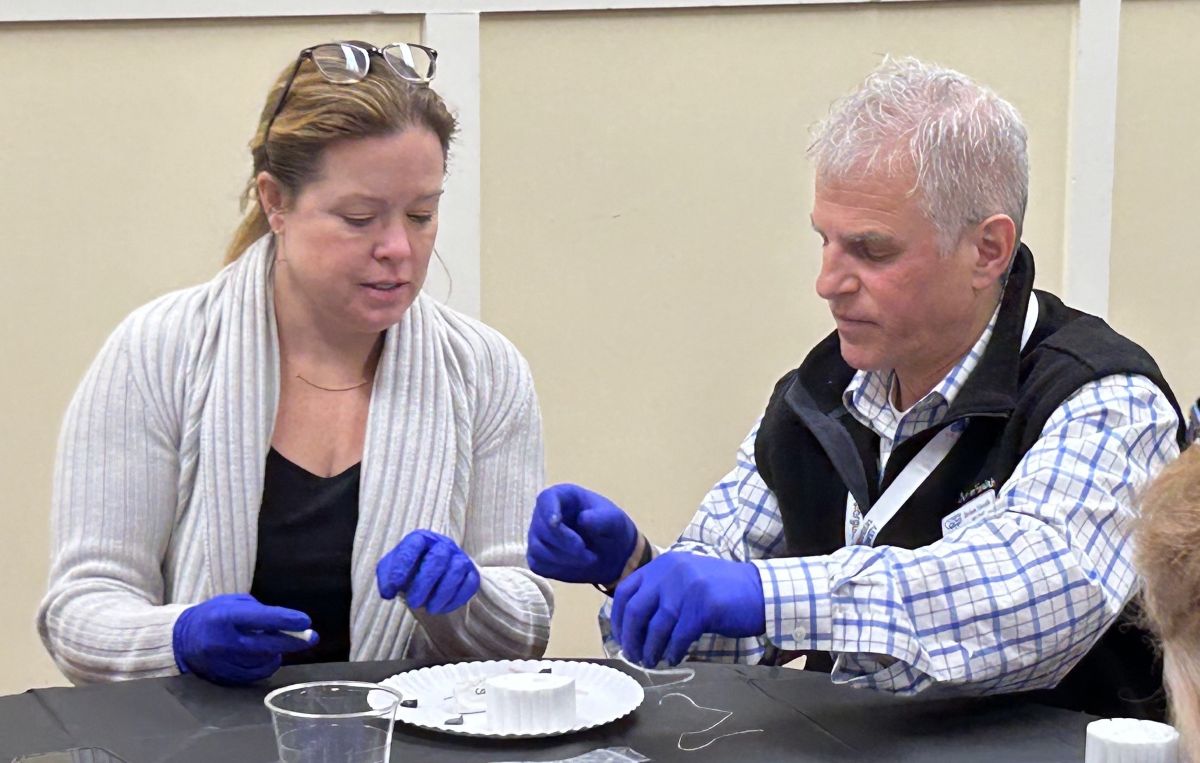
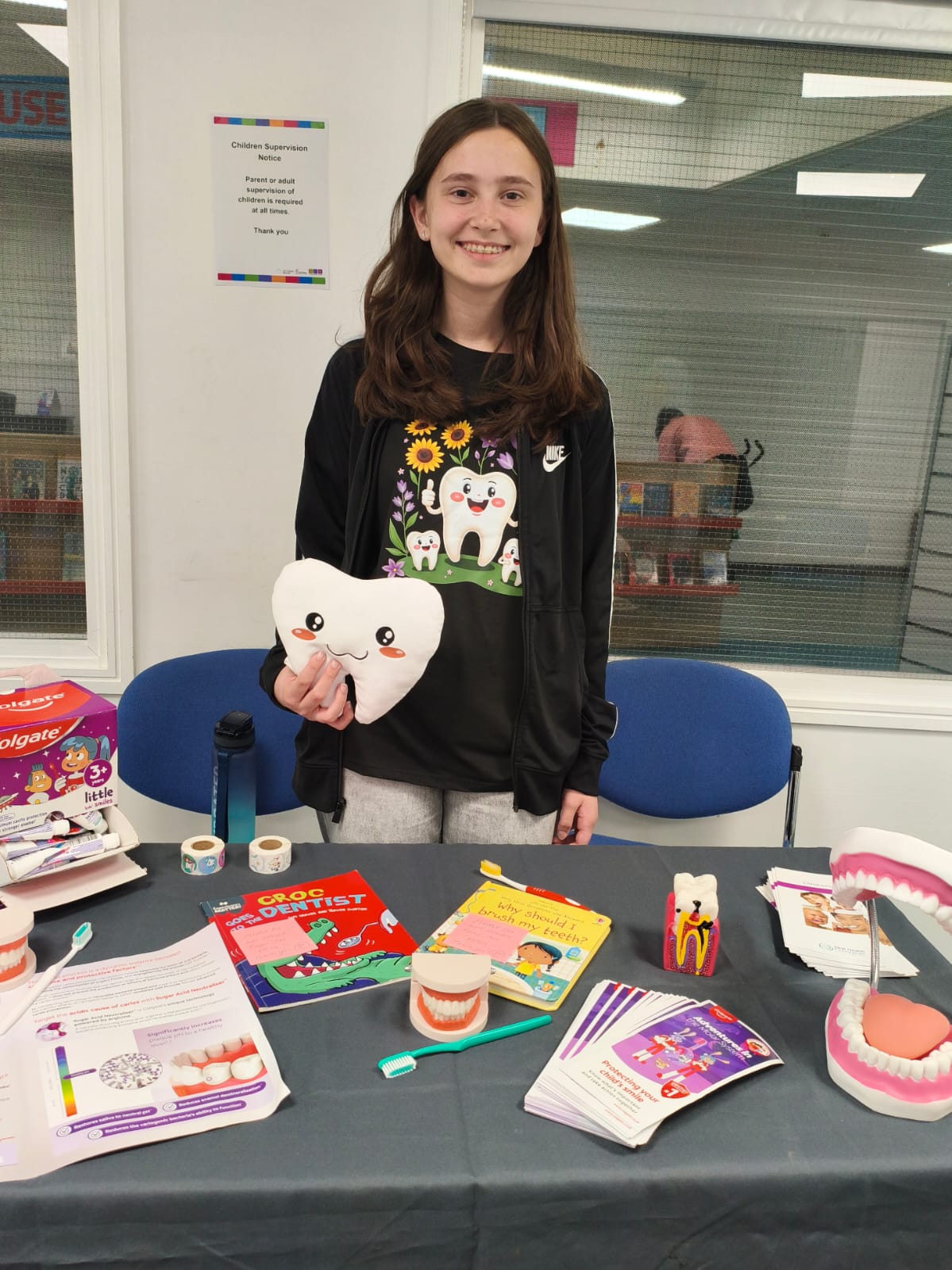

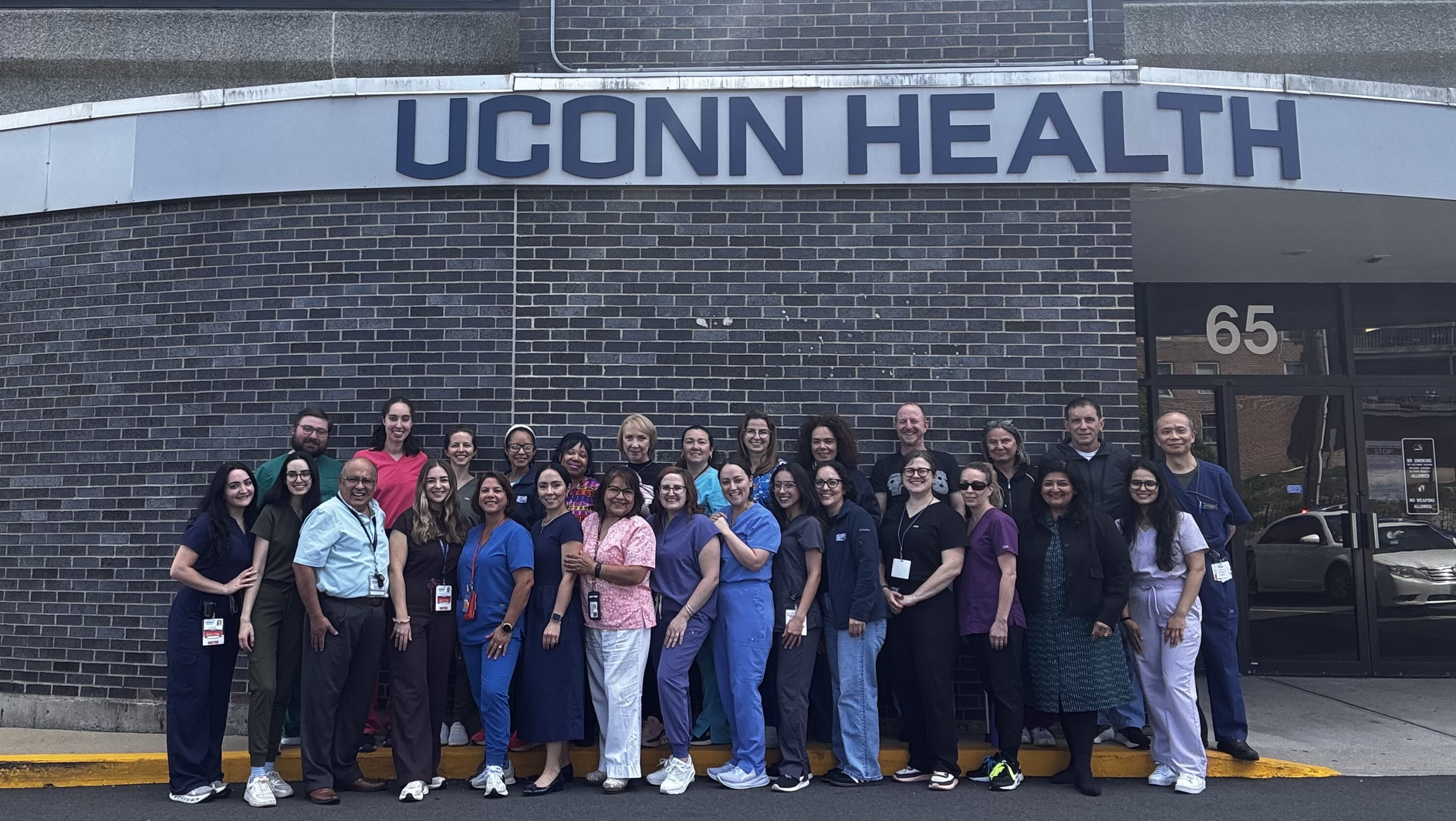
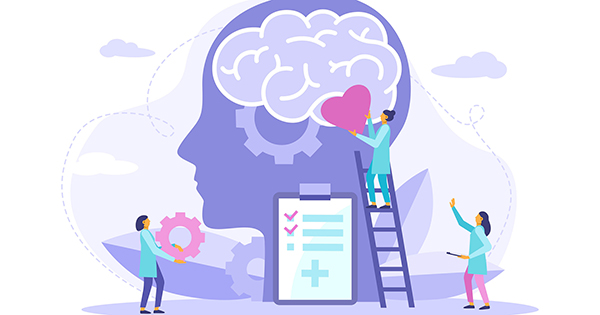
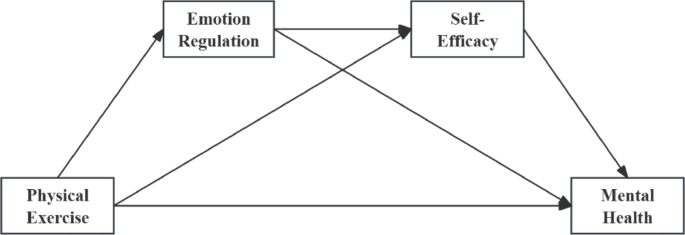
More Stories
HEALTH IN THE KNOW: Free Training Empowers Students to Help in Mental Health Crisis
BU Offers Free Confidential Mental Health Screenings for World Mental Health Day Thursday | BU Today
teen Mental Health First Aid – Mental Health First Aid